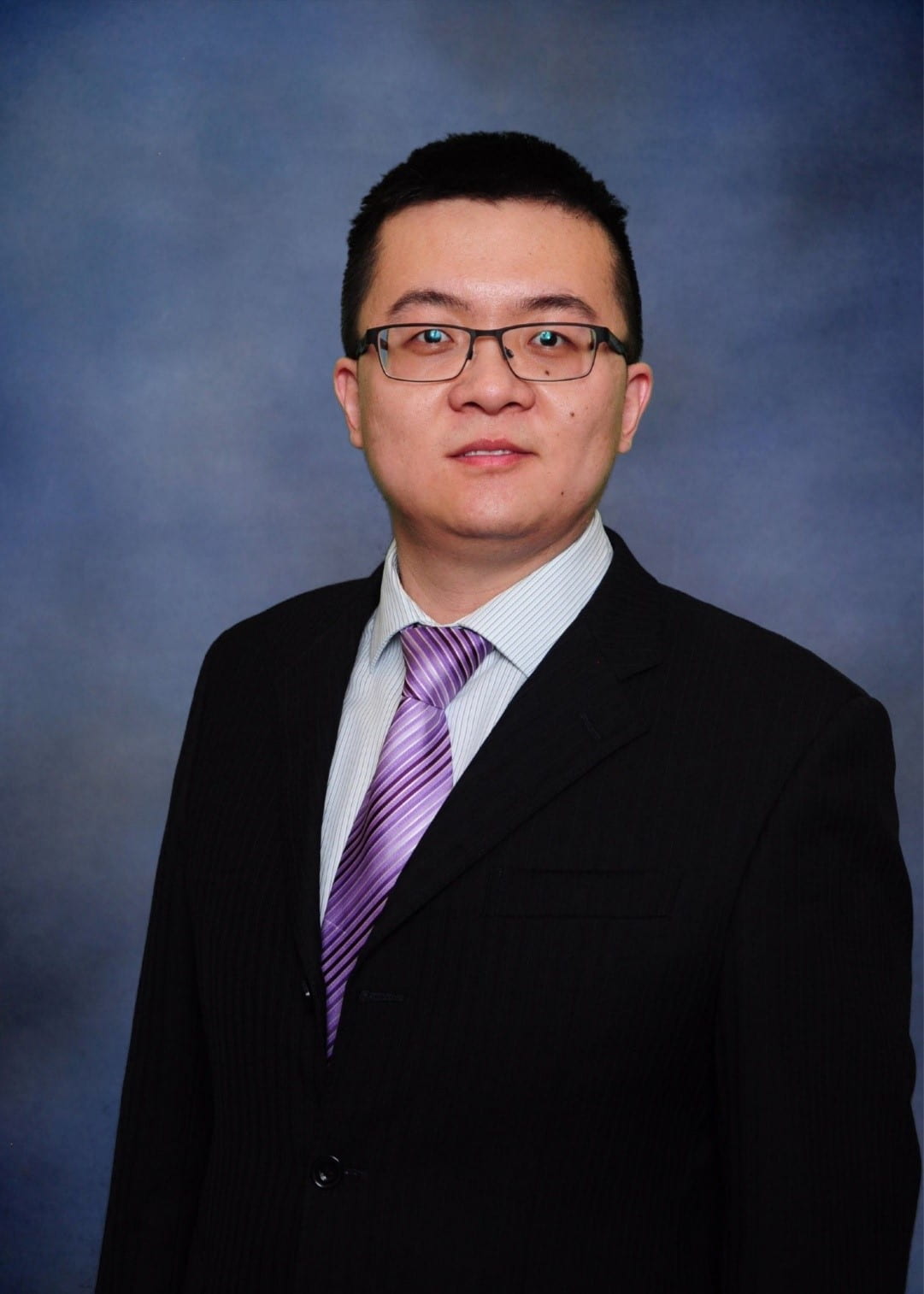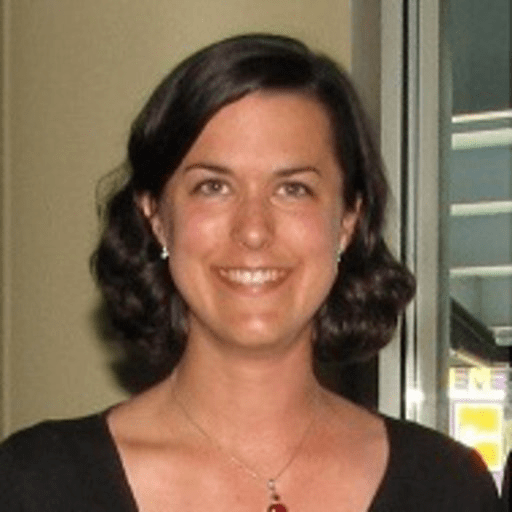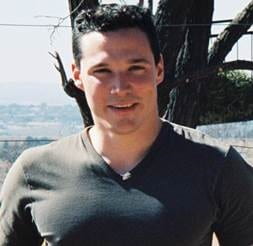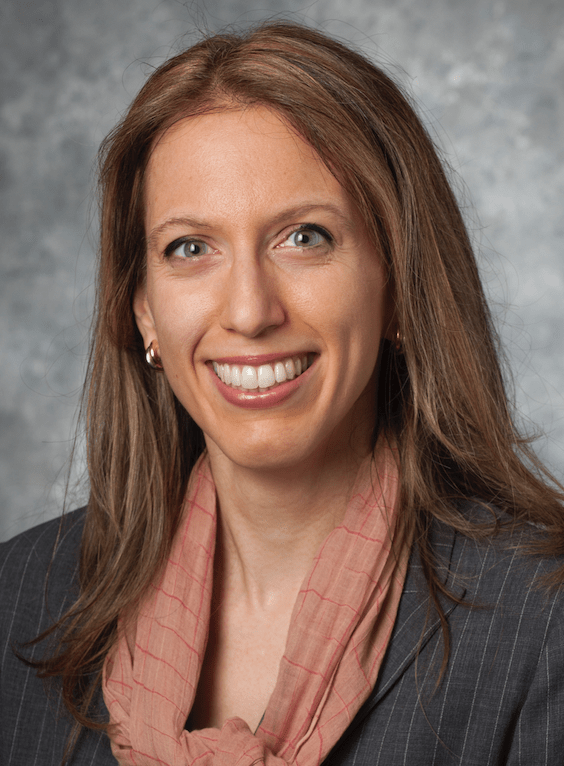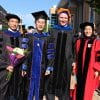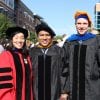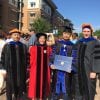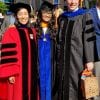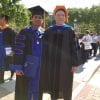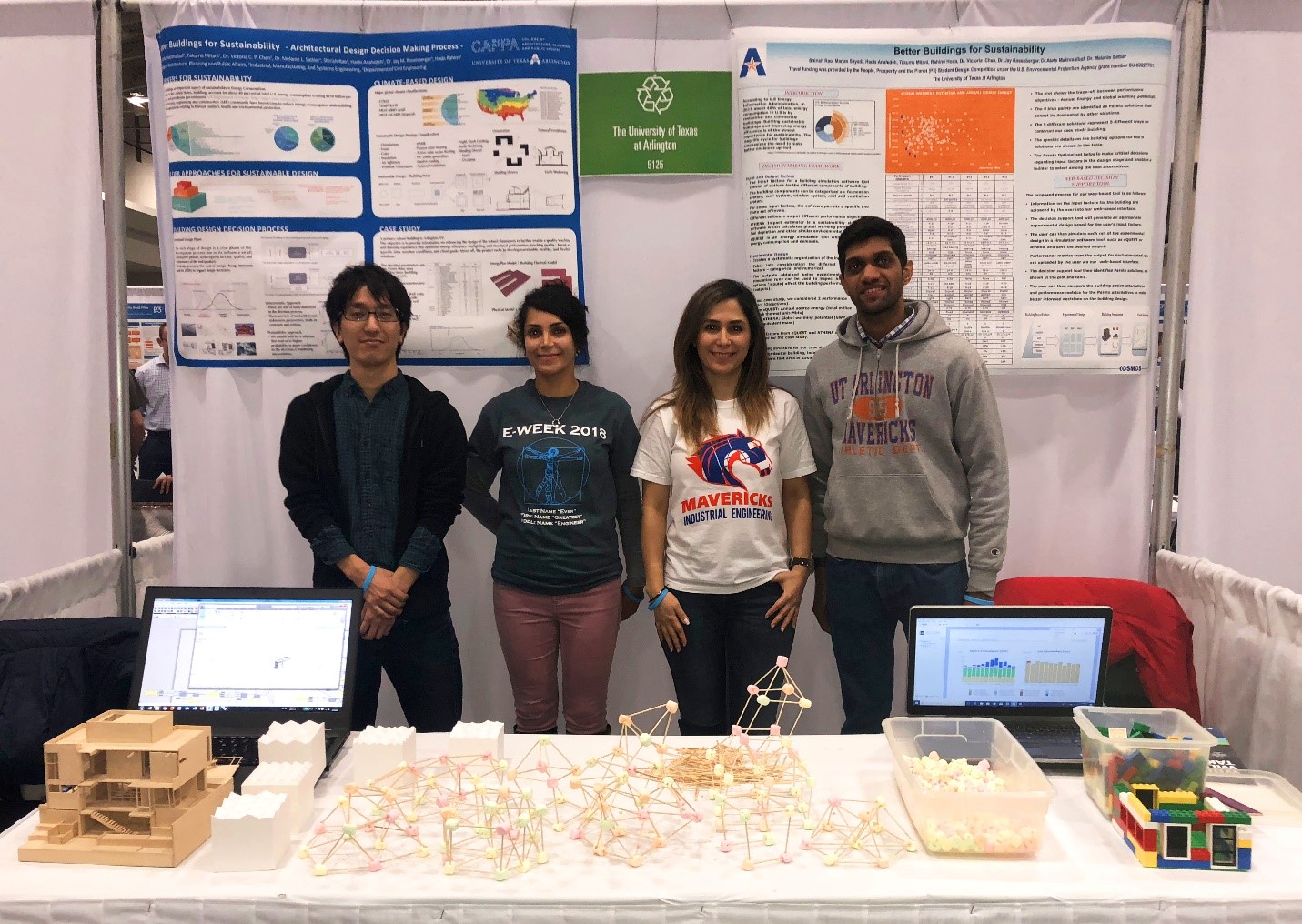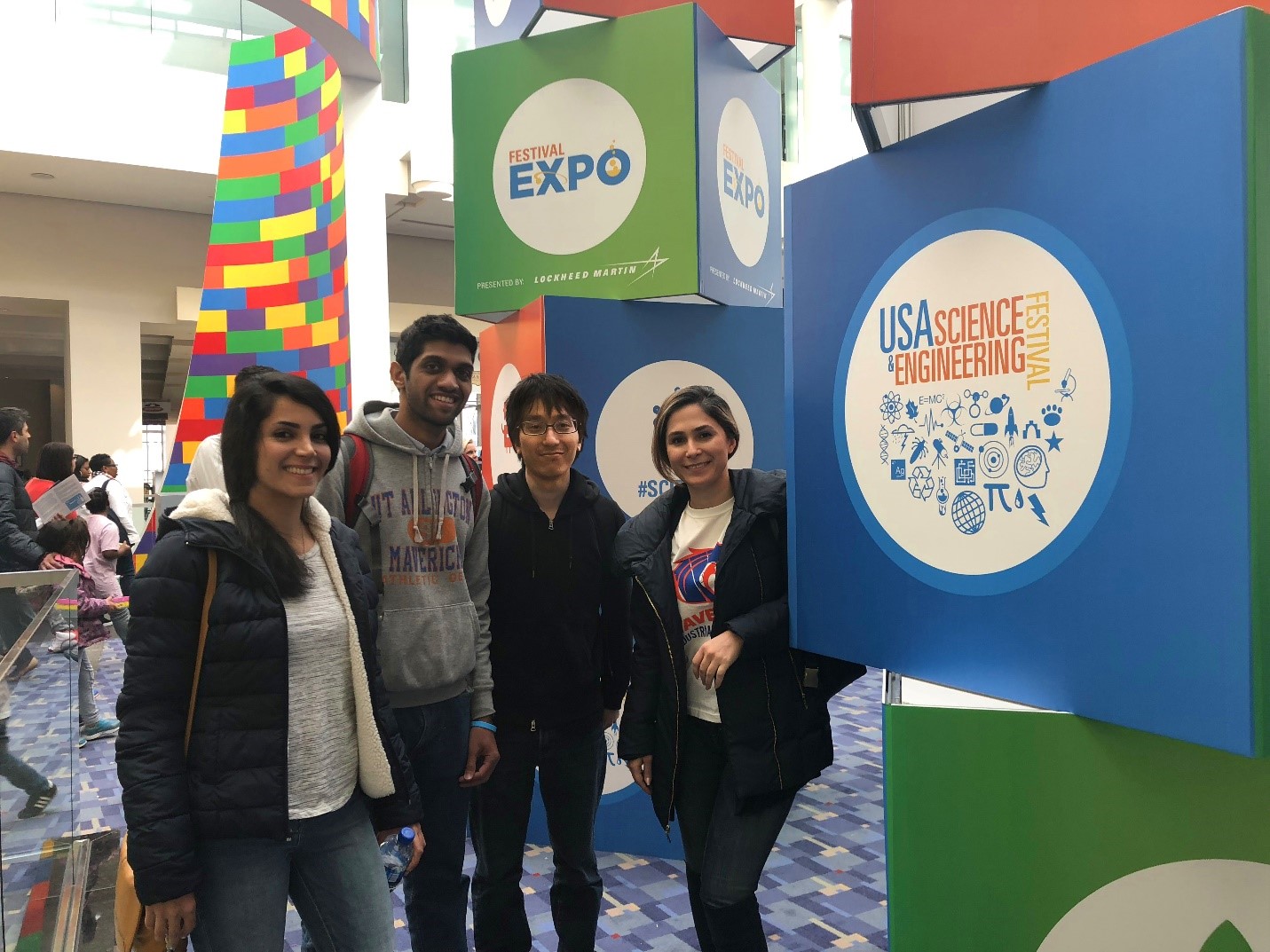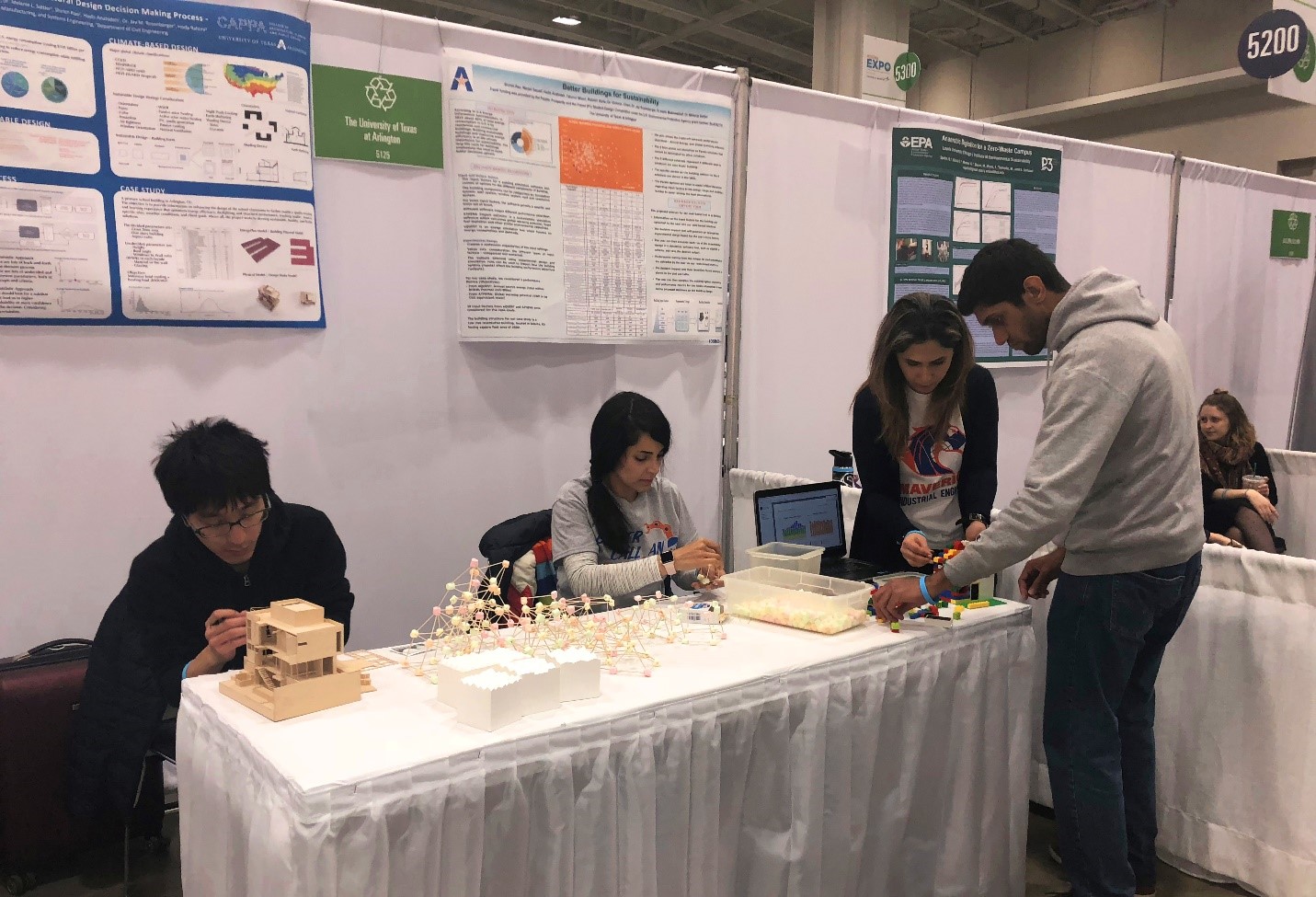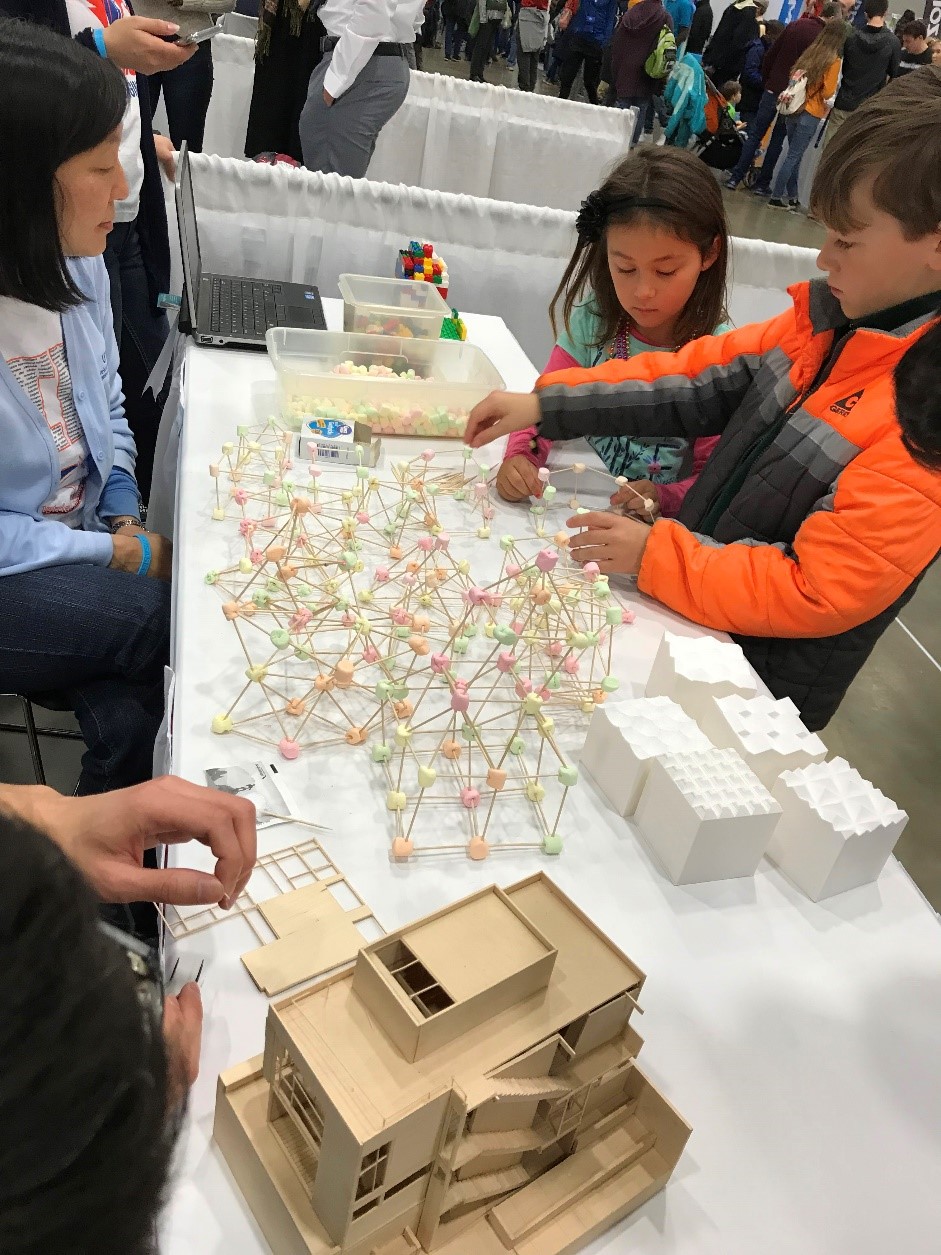Dr. Harsha Gangammanavar from the Department of Engineering Management, Information, and Systems Southern Methodist University will be presenting at an IMSE seminar Wedensday, December 5, 2018 at 1:15pm in Nedderman Hall, Room 100. Dr. Gangammanavar’s presentation title, abstract, and biographical sketch are below.
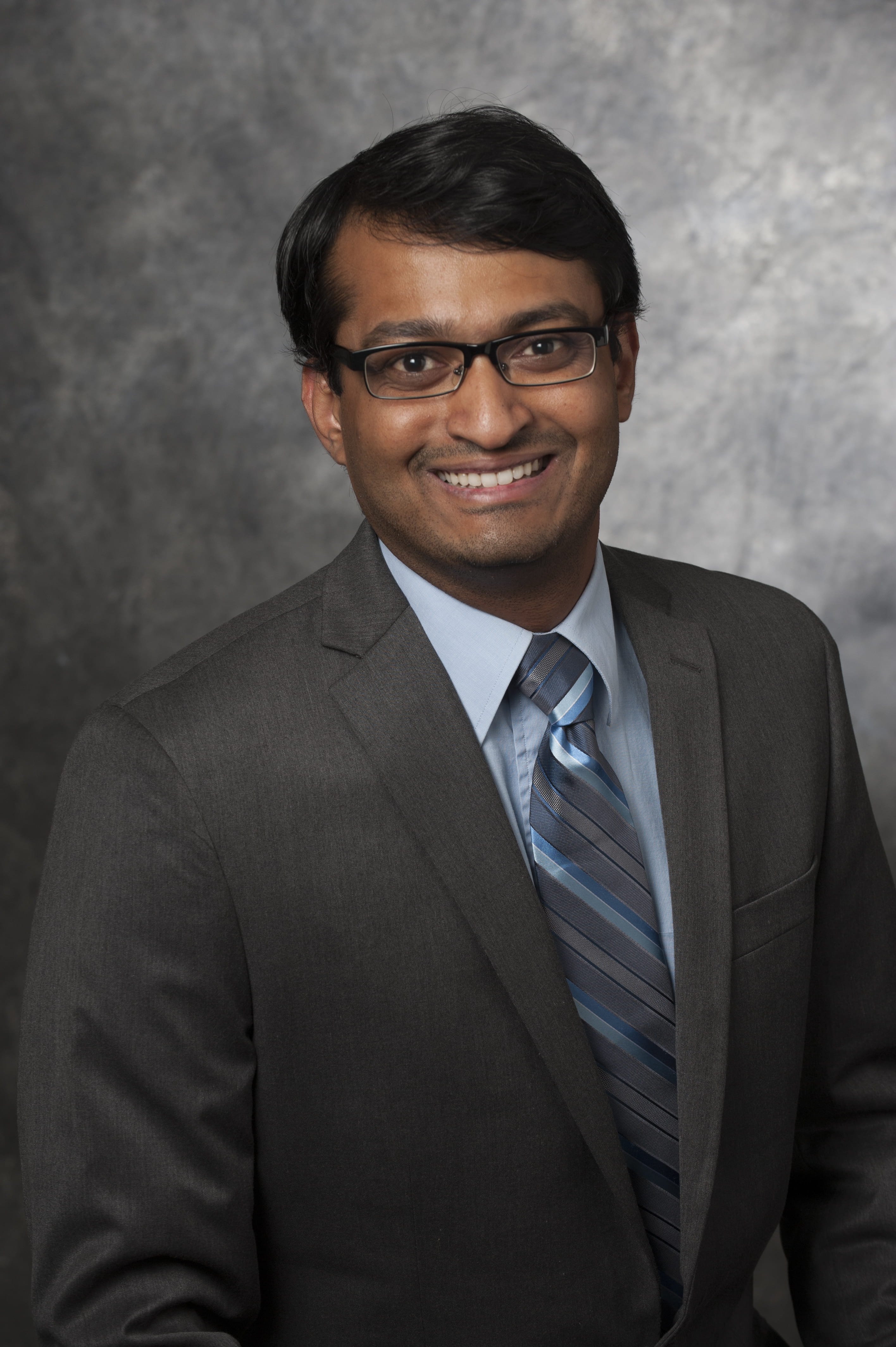 Title: Sequential Sampling-based Stochastic Optimization Algorithms For Power Systems Applications.
Title: Sequential Sampling-based Stochastic Optimization Algorithms For Power Systems Applications.
Author: Harsha Gangammanavar, PhD
Location: Nedderman Hall Room 100
Date: Wednesday, December 5, 2018
Time: 1:15pm
Abstract: Optimization problems arising in power systems operations have motivated numerous mathematical programming models and algorithms over many decades. The large-scale introduction of renewable resources in recent years has called for another wave of innovations – mainly in stochastic optimization. These innovations are expected to be scalable for real-scale power systems and to address the intermittent nature of renewable resources. In order to meet such expectations, a more effective integration of decision and data sciences is necessary. With this in mind, this talk will present a class of sequential sampling-based stochastic optimization approaches. These approaches will be presented in the context of stochastic optimization problems that arise in power systems operations including economic dispatch, estimating reserve requirements, and distributed storage control. These problems, and corresponding algorithmic developments, span both the two-stage as well as the multistage stochastic programming settings. The sequential sampling approaches allow for engineering problems in power systems to use statistical models in service of constrained optimization. Specifically, these algorithms do not rely on a-priori characterization of uncertainty through scenarios or distributions, and hence, can be used directly with data streams generated using state-of-the-art simulators. Results obtained from our computational experiments on real scale power systems will also be presented.
Biographical Sketch: Harsha Gangammanavar is an Assistant Professor in the Engineering Management, Information, and Systems in Bobby B. Lyle School of Engineering at Southern Methodist University. Prior to joining the department, Dr. Gangammanavar was a Postdoctoral Fellow at Clemson University and a Visiting Assistant Professor at the University of Southern California. He received his M.S. in Electrical Engineering and Ph.D. in Operations Research from the Ohio State University, and B.E. degree in Electronics and Communications Engineering from Visvesvaraya Technological University in India. His research interests are in optimization under uncertainty, large-scale optimization, and their applications.
–Posted by Jay Rosenberger

